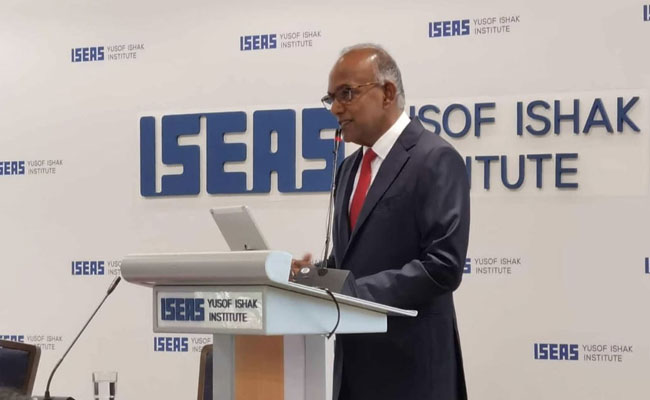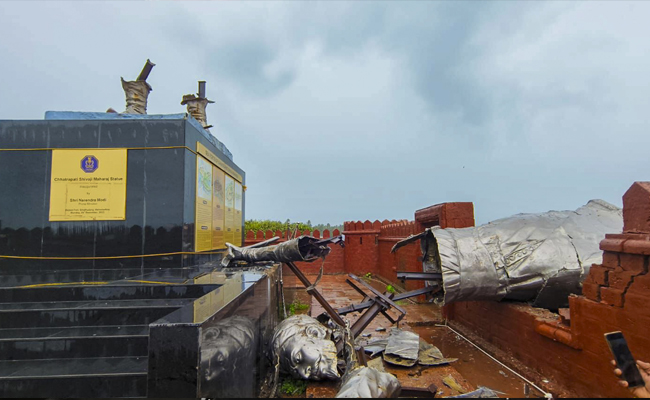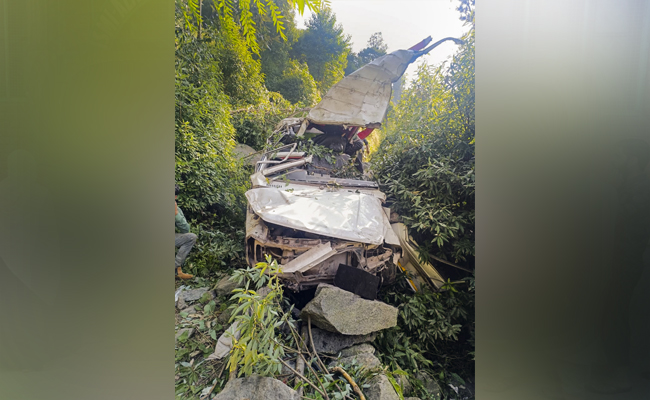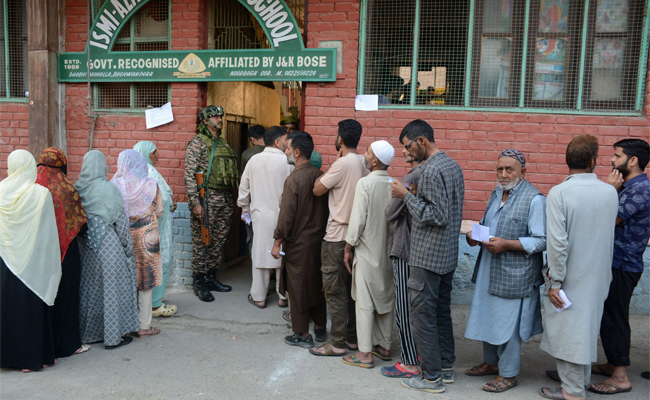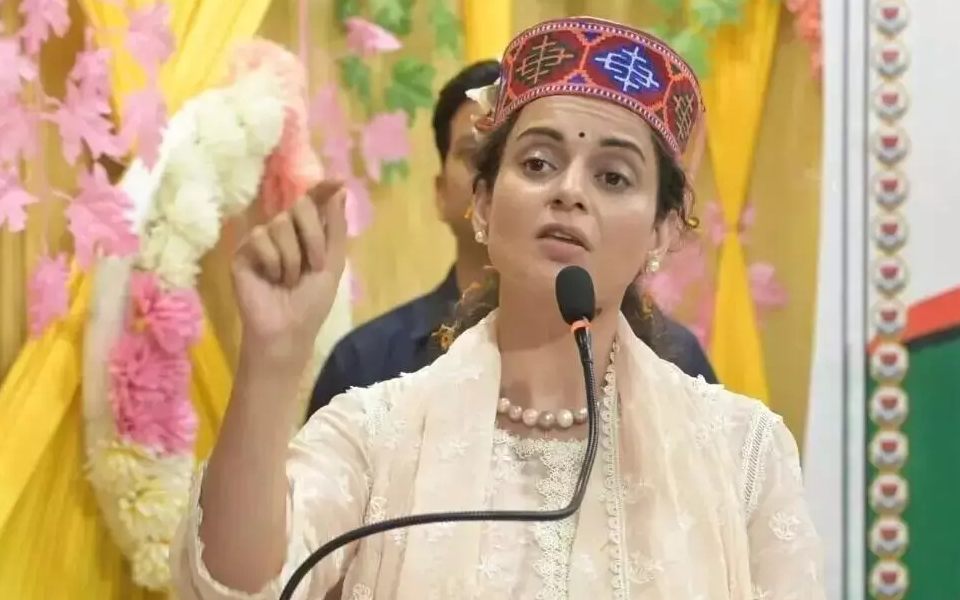According to a high-ranking Singapore official, even though no backstory can justify Russia's attack on Ukraine, the Western powers cannot be considered as disinterested observers who played no part in the events leading up to the current crisis.
During a speech discussing the impact of the war on Southeast Asia, K. Shanmugam, who serves as both Home Affairs and Law Minister, emphasized that the underlying factors of the conflict were much more complex than what had been reported by the mainstream media, reports SCMP
The minister emphasized the need to delve deeper into the facts and not get swayed by the sensationalism, opinions, and biased accounts presented in the media amidst the intricate nature of the conflict.
During the period of Russia's annexation of Crimea in 2015, Shanmugam, who served as foreign minister from 2011 to 2015, articulated the perspective of the Western media, which portrayed Moscow and President Vladimir Putin as the only ones to blame for the situation. According to this view, Putin's personal ambitions were the root cause of the suffering endured by many.
During a two-day workshop about the war organized by ISEAS - Yusof Ishak Institute in Singapore, Shanmugam expressed that while some of the information presented was true, it did not provide a complete understanding of the situation, according to his speech.
The speaker pointed out that the statement conveniently frees the West from any accountability regarding the situation's development. However, the speaker also made it clear that the previous circumstances do not justify the invasion of Ukraine or the ongoing war.
The minister mentioned various factors that influenced the situation, including the West's stance called "not one inch", which meant that NATO would not extend towards the east after the Berlin Wall fell and the Soviet Union collapsed in 1990.
Declassified documents reveal that the former US Secretary of State, James Baker, suggested a proposal to ease Russian anxieties about their security. However, later US administrations seemed to have a different opinion. Following the collapse of the Soviet Union, there were two instances of Nato expansion, which occurred in 1999 and 2004.
The desire of countries like Poland or the Baltic states to become part of Nato is justifiable due to their difficult past. However, it is equally important to address Russia's security concerns while deciding on Nato's expansion.
The speaker brought up previous statements made by ex-French president Francois Hollande and ex-German chancellor Angela Merkel regarding the purpose of the Minsk Agreements, which were established in 2014 and 2015 to bring back peace after Russia took over Crimea.
The agreement, which was mediated by France and Germany, was accepted by Russia because it contained a clause that granted more independence to the people of the Donbas area. However, last year, the two former leaders' remarks indicated that the agreement was actually aimed at giving Ukraine time to strengthen itself after the outbreak of the war.
The speaker mentioned that Russia's interpretation of the leaders' statements is crucial. According to the speaker, Russia believes that the West's comments indicate a lack of sincerity, and that it is impossible to reach agreements between these countries through negotiations.
He highlighted the problems and sequence of occurrences to demonstrate that there are diverse perspectives on the causes of the current condition and the level of accountability of those nations involved. No information has been excluded while rephrasing.
According to the minister, the West and Nato cannot be considered as neutral onlookers without any part in the present scenario. The minister further expressed that regardless of the circumstances, Ukraine has become an unfortunate sufferer and its citizens are facing a dreadful outcome.
According to Shanmugam, even though Singapore is a small state, the lessons learned from the conflict demonstrate two crucial principles of international law. These principles are indivisible security, which means that one state should not strengthen its security by putting another state's security at risk, and self-determination, which is the right of a state to pick its own political and military alliances.
The minister stated that smaller states, such as Singapore, often suffer the consequences of conflict between larger powers. Therefore, it is in Singapore's best interest to establish regional frameworks that encourage collaboration rather than competition in the area.
We need to possess military capabilities and social strength in order to protect ourselves as other countries may only assist us if it aligns with their own interests. It is important to be self-sufficient in defending our nation.
Out of all the Southeast Asian countries, only Singapore, which is an important strategic ally of the United States, has implemented sanctions against Russia in response to its invasion.
The organization stated that their stance is centered around the belief that every nation, regardless of size, has the right to be respected in terms of their independence, territorial integrity, and sovereignty.
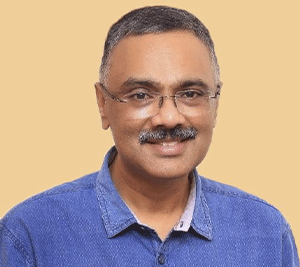
Girish Linganna
Aerospace & Defence Analyst
Let the Truth be known. If you read VB and like VB, please be a VB Supporter and Help us deliver the Truth to one and all.
Mumbai (PTI): In the wake of collapse of the Shivaji Maharaj statue in Sindhudurg, the Maharashtra government has issued a tender for the construction of a new 60-foot-tall statue there, nearly twice the size of the previous one, officials said on Wednesday.
The statue will be built at a cost of Rs 20 crore and the government has set a six-month timeframe for the completion of the work, they said.
A 35-foot-tall statue of the 17th century Maratha empire founder, unveiled by Prime Minister Narendra Modi at Rajkot fort in Malvan tehsil of Sindhudurg district on December 4 (Navy Day) last year, collapsed on August 26 amid strong winds.
The statue's sculptor, Jaydeep Apte, was later arrested.
The government has faced flak as the opposition parties alleged the decision to install the statue in Sindhudurg was taken haphazardly, which resulted in poor quality of work.
Maharashtra Public Works Department (PWD) had flagged concerns over rust gathering on Shivaji Maharaj’s statue and suggested permanent measures in a letter sent to a Naval official just six days before the structure collapsed.
Chief Minister Eknath Shinde had said the statue was designed and constructed by the Indian Navy.
He claimed winds were blowing at 45 km per hour when the statue collapsed.
A tender has been issued for the construction of a new statue and its height would be 60 feet, a PWD official said.
"The total cost would now be Rs 20 crore, including its engineering, installation and maintenance. The government has given six months to complete the work. The height of the statue would be 60 feet," the official said.

